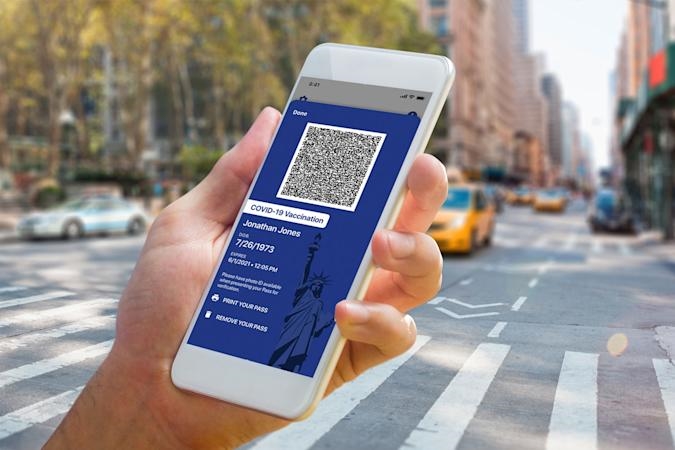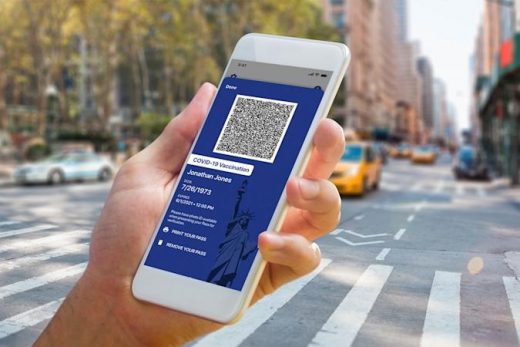New York rolls out first digital COVID-19 vaccine passports in the US
New York rolls out first digital COVID-19 vaccine passports in the US
It’s opt-in, but it still raises ethical questions.


COVID-19 vaccination passports have become a practical reality in the US. As USA Today reports, New York state has launched a digital Excelsior Pass that residents can use to prove they’ve been vaccinated or recently tested negative for infection. You can use your phone’s virtual wallet (on Android or iOS) or a printout to flash a QR code and otherwise show that you’re safe when you want to go to a concert or stage performance.
The initial adopters will be large venues. Madison Square Garden in New York City will start using Excelsior Pass thsi coming week, with Albany’s Times Union Center also in the pipeline. The passes will be useful in smaller venues starting April 2nd, and they’re already useful to increase the attendance size of catered events like weddings.
State officials stressed that Excelsior Pass was strictly voluntary for both businesses and the general public. They added that the IBM-powered apps don’t store or track private health data, and that a combination of blockchain’s distributed ledger and encryption helped secure the data as well as ensure that information was verifiable. You shouldn’t see people use fake passes to avoid getting vaccinations, in other words.
There will be technical challenges, such as ensuring consistent use of the pass across venues and ensuring that they’re recognized across states or whole countries. While you don’t strictly need a phone, the emphasis on QR codes could leave some people stranded if they don’t have access to a computer with a printer. There also isn’t a direct link between tickets and passes, so you can’t automatically prove that you’ve been vaccinated when you buy seats.
However, the ethical questions loom larger. No matter how secure and trustworthy Excelsior Pass may be, some people already bristle at the thought of having to load a vaccine passport app and divulge medical data just to attend an event. And while the passes are theoretically opt-in, they may become effectively mandatory if you want to participate in key aspects of public life while COVID-19 is still a threat. At the same time, this also shows how technology can ease the pandemic recovery — advocates would argue that these passes might just save businesses that would otherwise have to limit capacity or stay closed.
(33)


